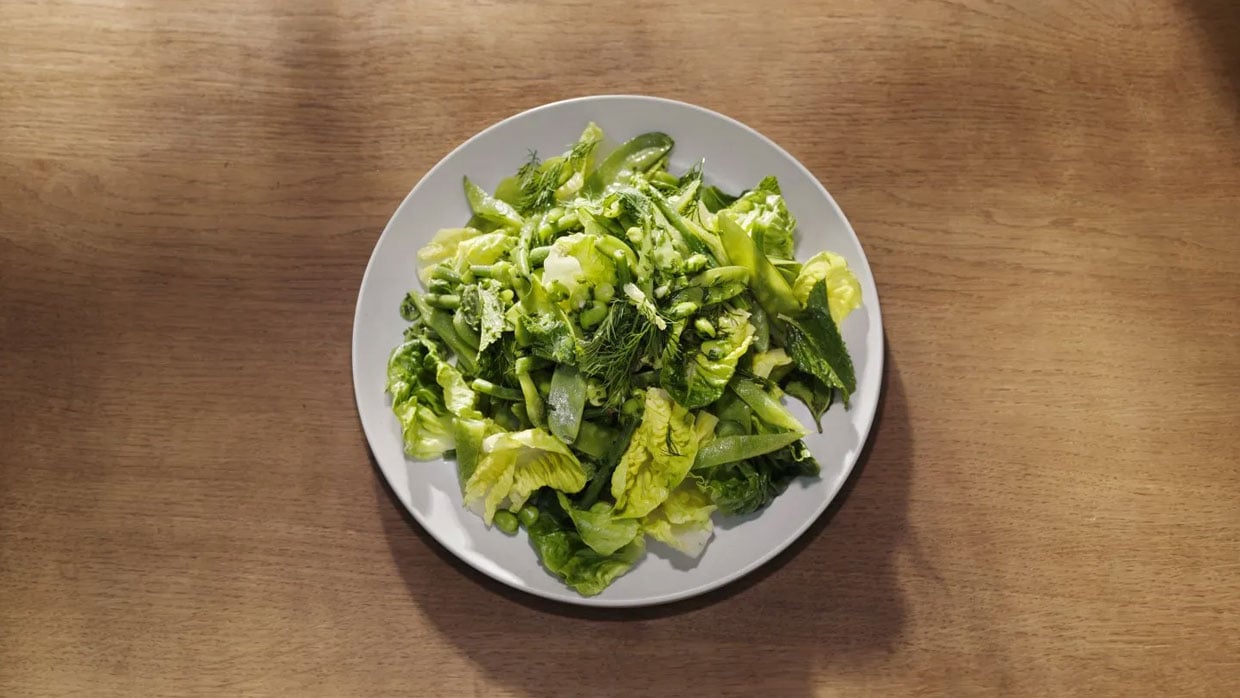Sustainable Catering: Helping the Economy and the Environment

The world is slowly but surely getting greener. We’re all becoming aware of the way our lifestyles impact our planet and figuring out how we can minimise it. So, what needs to change? A good place to start is with what we eat, and that means thinking about sustainability.
What is Sustainable Catering?
Sustainability is all about managing resources in a way that does not deplete them faster than they can be naturally recovered. In terms of our environment, it means aiming for an ecological balance, reducing the pressure on the planet to meet our increasing demands.
With that in mind, sustainable catering aims to produce good food in an environmentally friendly way. It means being selective about where ingredients are sourced, ensuring the supply is ethical, sustainable and maintains an efficient, non-wasteful approach to the entire catering process.
As governments start to impose regulations encouraging sustainability, it’s on businesses to adapt and get ahead of the curve or be left behind.
How Does Sustainable Catering Help the Economy?
Sustainability is the inevitable path our economy must take, but rather than a hindrance, it could actually be an advantage to those who seize it. Change offers new opportunities, and those businesses that make the best of it earlier rather than later will reap the greatest benefits.
Helping Businesses Grow
As sustainability seeks to minimise gas emissions across food supply chains, caterers should naturally look towards local producers to reduce the distance food needs to be transported. This helps support local businesses, particularly organic farmers. By sourcing food produced locally over imports, caterers can be sure they are supporting the British economy.
Creating Jobs
Modern farming methods have streamlined agriculture at the cost of sustainability and quality. While conventional farmers give their animals routine hormone and antibiotic treatments, organic farmers rely on natural solutions for animal welfare.
This means using natural pesticides, herbicides and fertilisers, giving animals more open space, and quality feed, and only using approved, non-synthetic hormones and antibiotics where absolutely necessary. Animals enjoy longer life expectancies, and so will require more care in later life.
The extra land use and attention required for organic farming mean the demands for labour are higher. Organic farms create job opportunities while minimising environmental impact and increasing animal welfare.
Minimising Waste
The UK produced 9.5 million tonnes of food waste in 2018, and the government is committed to halving waste by 2030. Reducing food waste is key to sustainable catering. Water scarcity and energy crisis are only going to become more pressing issues as climate change is felt across the world, and so sustainability is vital in ensuring there is enough to go around.
Minimising our waste not only reduces our impact on the environment it also means we’re using our resources in a more efficient and cost-effective manner.
It's Better for the Planet
Unsustainable growth is obviously not good for the environment. It incurs a debt on Earth’s resources that will be felt eventually if we do not take measures now. Water scarcity and food shortages are already threatening developing regions of the world, and this issue will only become more widespread. Countries that embrace sustainable measures, particularly relying on local produce rather than imports, will be more self-sufficient and better able to weather the effects of climate change. Acting too late will only worsen the economic impacts.
...and it’s healthier for people too!
Embracing sustainability normally means turning to organic produce. Organic farmers don’t rely on the man-made chemicals used to aid conventional farming, such as those found in synthetic fertilisers, pesticides and herbicides. They also minimise the use of hormones and antibiotics and stay away from genetically modified organisms (GMOs). This means that organic food is food the way nature intended — free from nasty chemicals and full of vital nutrients that conventionally grown produce is lacking.
Sustainable catering ensures employees are provided a healthy meal that boosts mental and physical wellbeing, helping with better corporate culture and productivity.
How can caterers follow sustainable business practices?
- Caterers need to source their ingredients from organic or free-range farmers wherever possible. They should check if their suppliers are approved by relevant organic certification groups, such as the Soil Association.
- Menus should contain dishes made from local, seasonal produce, so they do not rely on imports or greenhouse-grown fruits and vegetables, which result in higher emissions.
- Menus should place an emphasis on plant-based dishes to reduce the emissions and environmental impacts that come with meat and dairy production. A meal doesn’t have to have meat to be tasty and interesting, and it allows chefs to get creative with seasonal ingredients!
- Food waste should be minimised both in the cooking process and clean-up. Chefs should seek to maximise the use of all ingredients. Caterers should ensure they have a proper food recycling system in place.
- Caterers should try to rely on renewable energy wherever possible. EV vehicles, solar panels and wind turbines are dropping in cost year on year and will soon become the standard.
Sustainability is the future of our world. It is vital that your food supply and production take the initiative to implement changes now. It’s on caterers to adapt to the times and look at every aspect of their businesses to see how they can be more sustainable.
By embracing sustainability, caterers can provide their customers with high-quality, healthy food without the guilt of relying on traditional, high-intensity farming. Combining great, tasty food with a passion for high standards is certain to make a positive impression on customers and the future of our planet.